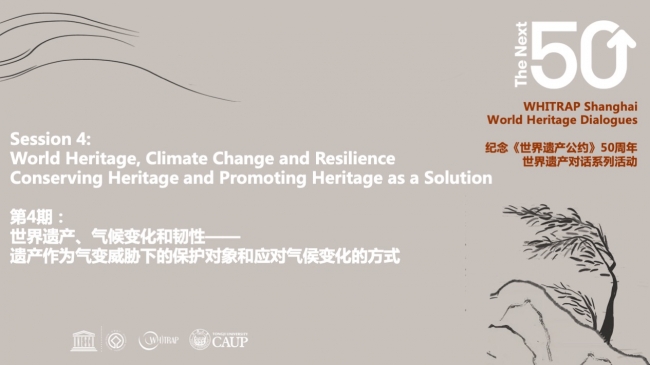
http://www.whitr-ap.org/index.php?classid=1461&newsid=3310&t=show
Session 4
World Heritage, Climate Change and Resilience
Conserving Heritage and Promoting Heritage as a Solution
Wednesday 14 September 2022
Online 14:00-16:30 Beijing time (UTC + 8)
English Channel on Bilibili Platform

Live-streaming link:
http://live.bilibili.com/4402597
English Channel on Wechat Platform

Video recordings of the Dialogue and a brief synthesis will be published online on the WHIRTAP and Herit-AP website.
Climate Change refers to long-term changes in temperature and weather patterns, which can be caused by natural causes such as changes in the solar cycle, but human activities have been the main cause of change since the 19th century, particularly the burning of fossil fuels such as coal, oil and gas. The last decade has been the warmest on record for the planet, and as greenhouse gas emissions continue to rise, humanity faces the consequences of Climate Change: extreme droughts, water shortages, major fires, rising sea levels, floods, melting polar ice, catastrophic storms, and reduced biodiversity.
The Goal 11 of the UN 2030 Sustainable Development Goals, is: “Make cities and human settlements inclusive, safe, resilient and sustainable” and target 11.4 puts forward “Further efforts to protect and defend the world cultural and natural heritage”. However, saving heritage goes well beyond Goal 11, as heritage can be a lever contributing to the reaching of the other Sustainable Development Goals[ https://whc.unesco.org/en/sustainabledevelopment/]. This Dialogue wants to contribute to imagining a way forward for the next 50 years.
Not only sites are impacted, but populations, living in or outside the sites, are affected as well. As their livelihood can be threatened, their social structure and cultural diversity are disrupted, leading to increased poverty, migration, conflicts and starvation in the worse cases.
Conserving heritage values implies to manage risk as well as to address post climatic events interventions. Knowledge, research and monitoring are essential; developing adequate tools and assessing needs must be planned ahead. It implies looking at World Heritage properties at a larger scale by considering territorial planning and coordinated governance at all levels and in every sector and for all types of heritage categories. The question for us, in this time of crisis, is to further define the tools and means to conserve and safeguard heritage not only at short term but at long term as well.
However, even though the effects of climate change physically impact the tangible attributes of heritage as well as intangible values and people’s environment, heritage itself can be a solution to mitigate Climate Change. What can we learn from heritage, the natural, cultural and mixed ones? How can we flip the coin when there are conflicting interests related to development?
We can learn from traditional systems or by conserving natural ecosystems, which de facto protect the human environment. Conserving wetlands or forests has a positive impact, way beyond the boundaries of a protected area. Traditional water management systems, ingenious forms of agriculture, historic urban layouts or building construction techniques adapted to the climate and their settings can be sources of inspiration to mitigate the negative impacts of humans. Tangible and intangible heritage also provide examples of sustainable historical practices. In water management, the Persian Qanat system in Iran or India or the Council of Wise Men of the irrigators’ tribunal in Spain are relevant examples.
The World Heritage Convention does seem more than ever relevant for us today and for the next 50 years.
Wednesday 14 September 2022
Online 14:00-16:30 Beijing time (06:00-08:30 UTC)
14:00-14:15 Introduction
Marie-Noël TOURNOUX, Project Director, WHITRAP Shanghai
14:15-14:30 World Heritage, Climate Change and Resilience -- Conserving Heritage and Promoting Heritage as a Solution
- Patricia O’DONNELL, President ICOMOS Scientific Committee on Cultural Landscape
- Prof. LIU Gengnian, College of Urban and Environmental Sciences, Peking University, China
- Erin ROSE, Executive Office at Gunditj Mirring Traditional Owners Aboriginal Corporation
- Mr. LI Jinsheng, Senior expert in urban planning in China
- Associate Prof. LI Ang, College of Political Science and Law, Hainan Normal University
- Diane MENZIES, ICOMOS Scientific Committee on Cultural Landscape
- Associate Prof. SONG Feng, Deputy Director of WHITRAP Beijing
15:20-16:20 Round Table Discussion
Moderator: Dr. MU Xingyu, Project Director, WHITRAP Shanghai
16:20-16:30 Wrap up
Marie-Noël TOURNOUX, Project Director, WHITRAP Shanghai
Participants
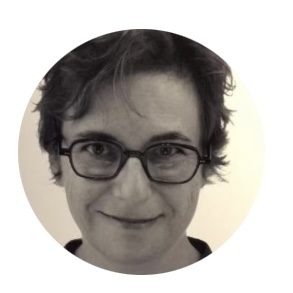

Dr. MU Xingyu
Project Director, WHITRAP Shanghai
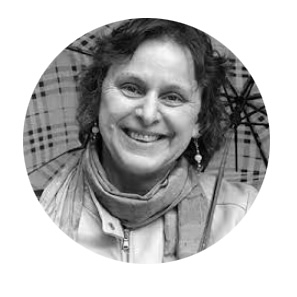
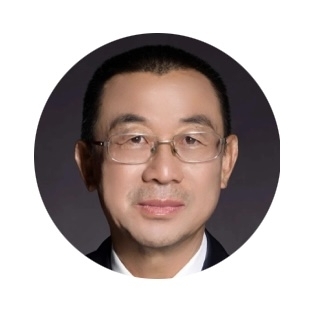
Prof. LIU Gengnian
College of Urban and Environmental Sciences, Peking University
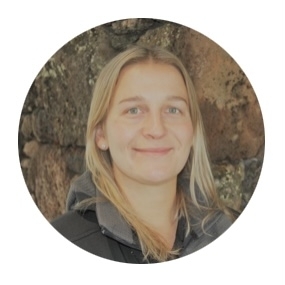
Erin ROSE
Executive Office at Gunditj Mirring Traditional Owners Aboriginal Corporation
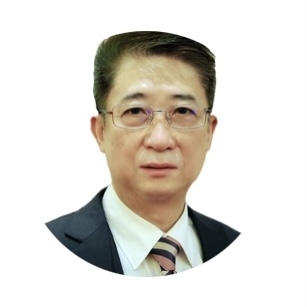
Mr. LI Jinsheng
Senior expert in urban planning in China
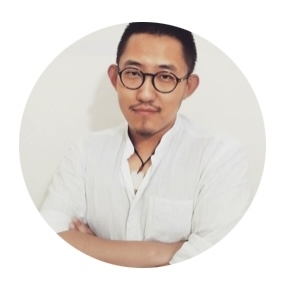
Associate Prof. LI Ang
College of Political Science and Law, Hainan Normal University
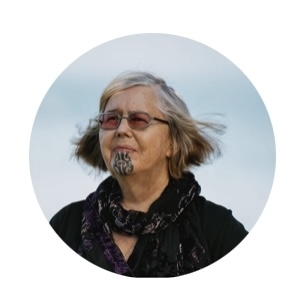
Diane MENZIES,
ONZM, ICOMOS Scientific Committee on Cultural Landscape
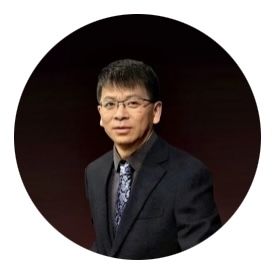
Read More:
Dialogues Session 1 - World Heritage and Quality of Life
Announcement:
http://www.whitr-ap.org/index.php?classid=1461&newsid=3312&t=show
Summary:
http://www.whitr-ap.org/?classid=1461&newsid=3315&t=show
Video Playback:
http://heritap.whitr-ap.org/index.php?classid=12497&id=34&t=show
Dialogues Session 2 - Rural Heritage
Announcement:
http://www.whitr-ap.org/index.php?mod=news&classid=1461&newsid=3329&t=show
Summary:
http://www.whitr-ap.org/index.php?mod=news&classid=1461&newsid=3338&t=show
Dialogues Session 3 - World Heritage and the Digital Revolution
Announcement:
http://www.whitr-ap.org/index.php?mod=news&classid=1461&newsid=3333&t=show
Summary:
http://whitr-ap.org/index.php?classid=1461&newsid=3340&t=show
